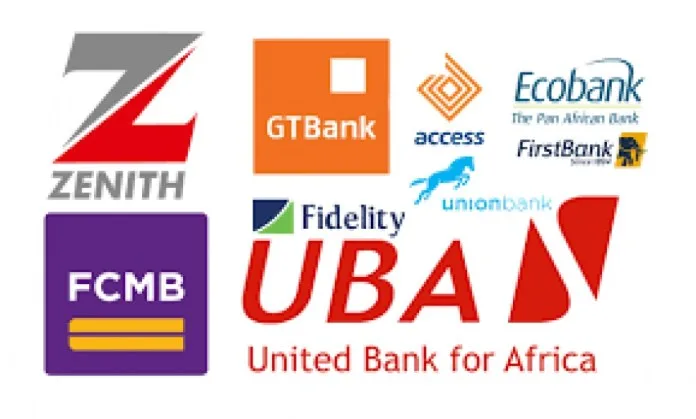A recent report from U.S.-based Emerging & Frontier Capital (EFC) has issued a stark warning that the introduction of a windfall tax during the Central Bank of Nigeria’s (CBN) mandated recapitalization could severely strain the country’s banking sector.The report cautions that this move could “break the camel’s back” for banks already burdened by high regulatory costs.The report highlights the significant financial pressures facing Nigeria’s banking industry, which is currently grappling with expenses tied to the Cash Reserve Ratio (CRR), the Asset Management Corporation of Nigeria (AMCON) levy, and deposit insurance premiums.According to EFC, the top six banks in Nigeria incurred regulatory costs amounting to $1.8 billion in 2023 alone, and a staggering $7.6 billion over the past five years (2018-2023).In the report titled “More Pain for Longer,” EFC underscores the potential negative impact of the proposed windfall tax on the banking sector.While acknowledging the government’s need for revenue, the report questions the rationale behind taxing banks, especially when dividend payout ratios have been declining despite rising profits.The aggregate payout ratio of the top six banks has dropped from 38% in 2018 to just 16% in 2023, even as their profitability has increased.The report also argues that the proposed tax directly conflicts with the CBN’s current efforts to recapitalize the banking industry.Since the Global Financial Crisis (GFC), bank shareholders have experienced significant losses, with bank valuations plummeting to just one-tenth of their previous levels.EFC questions the logic of imposing a tax on banks at a time when shareholders are being asked to inject more capital into institutions that, in some cases, do not require additional funding.
The report, dated August 5, 2024, highlights concerns raised during a recent Monetary Policy Committee (MPC) briefing by CBN Governor Olayemi Cardoso.Cardoso had expressed worry about the direction of both monetary and fiscal policies following the submission of an amendment to the 2023 Finance Bill, which proposes a 70% windfall tax on Nigerian banks’ realized profits from foreign exchange (FX) transactions between June 2023 and December 2025.EFC emphasizes that the proposed windfall tax would essentially redirect profits from FX transactions—expected to remain high due to exchange rate volatility—away from shareholders and into government coffers.This scenario is contributing to the declining share prices of banks, which are now trading below their public offer prices, with domestic investors increasingly turning to high-yield, non-taxable Federal Government of Nigeria (FGN) bonds.The report further stresses the importance of contextualizing FX gains, noting that while the top six Nigerian banks collectively recorded $3.1 billion in FX trading and revaluation gains in 2023, the majority of these gains—estimated at $2.9 billion—were unrealized, non-cash gains.Additionally, these figures do not account for the high costs associated with raising USD funding.EFC also questions why the Federal Government appears to overlook the substantial regulatory costs associated with banking in Nigeria, which totaled an estimated $1.8 billion for the top six banks in 2023 alone.The report paints a grim picture of the current state of Nigeria’s banking sector, pointing out that in June 2008, the collective market capitalization of the top six banks was $36.8 billion, with trailing year profits of $786 million.Today, their collective market capitalization has plummeted to $3.1 billion, even as their trailing year profits have risen to $4.3 billion. Despite this, shareholders are still being mandated to fund these banks, with declining dividend payouts exacerbating their financial pain.The EFC report concludes by questioning the long-term benefits of these policies for Nigeria, particularly as the majority of bank shareholders are Nigerian, with over 90% of ownership.The report warns that poor policy decisions are eroding the net worth of domestic investors, ultimately raising concerns about the broader implications for Nigeria’s economic future.

